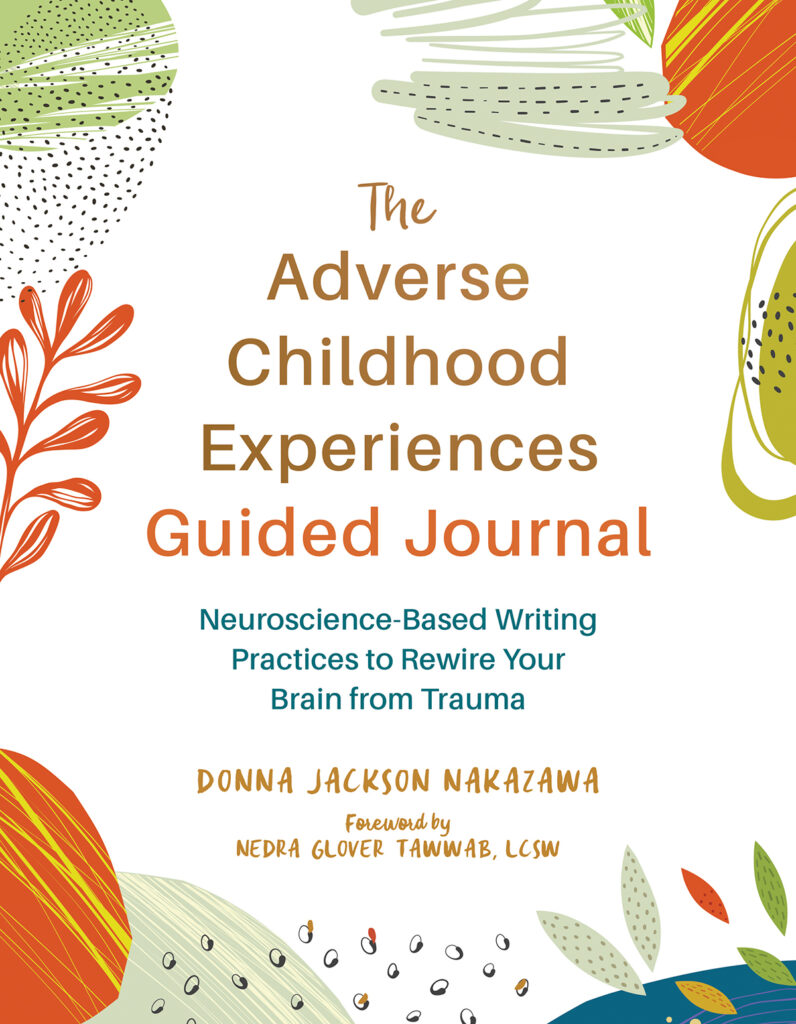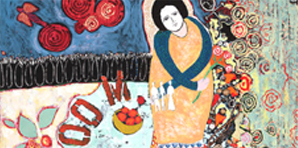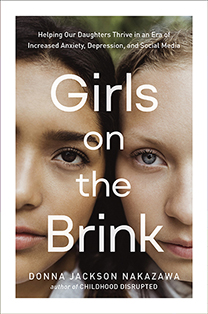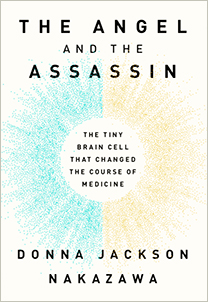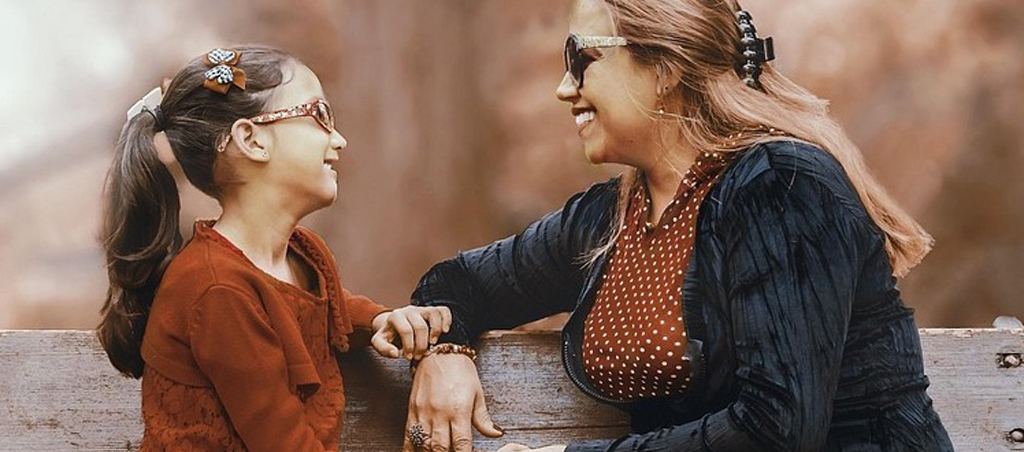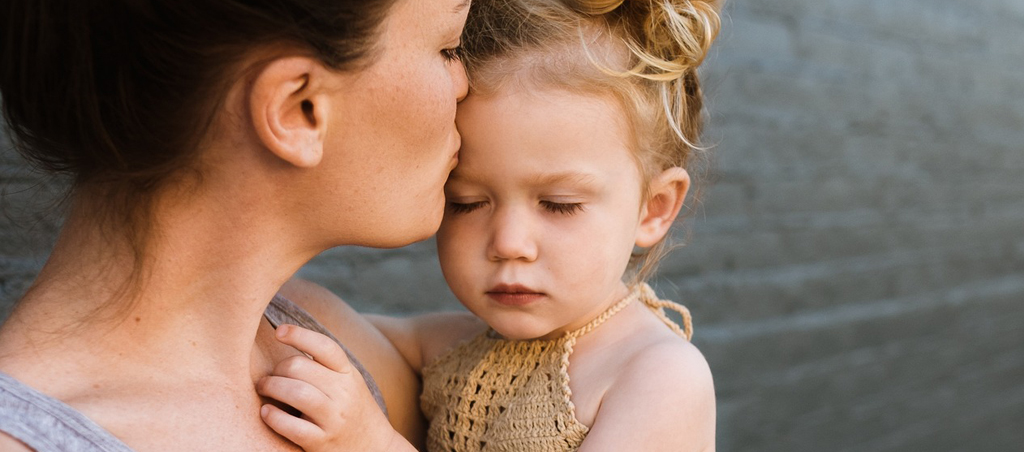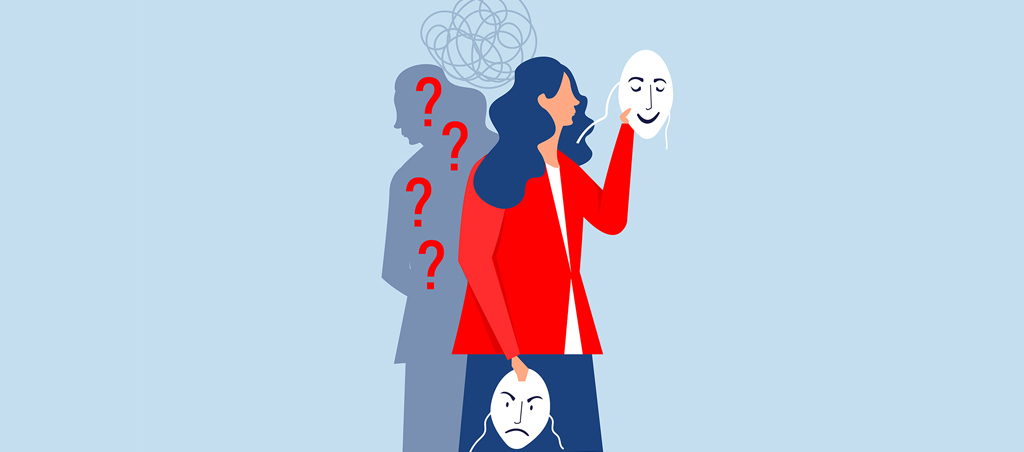This blog is about WHY Adverse Childhood Experiences are a #METOO ISSUE. I want to talk about how and why toxic childhood stress – also as #ACEs — is a #metoo issue of the greatest magnitude. For girls and for the adult women they become.
One thing readers know about the work I do and the books I write, including Childhood Disrupted, The Autoimmune Epidemic, and The Last Best Cure, is that I focus on the intersection of neuroscience, immunology and emotion – while shining a spotlight on WOMEN’s experiences.
Connecting these dots is always an underlying theme in my work. Women, girls, toxic stress, the female brain and immune system, autoimmune disease and chronic physical and mental illness — if you care about any of these, keep an eye out for my upcoming three-part blog series in which I delve into the scientific links between them all.
Today I’m posting the first part of my three-part exploration on Growing Up With Female Adversity: The Female Body and Brain on Toxic Stress.
(For those of you who read this introduction to my three-part series in my heads-up post yesterday, skip down below to PART ONE…)
I’ve written this blog, and am offering it up freely, because I think it’s crucial that we address the unique way in which the female brain and immune system respond to environmental influences, including #ACEs, and how, in turn, this unique female brain-immune response contributes to girls being several times more likely to later develop autoimmune diseases, depression, anxiety disorders, and so many other chronic illnesses.
I’m going to break down for you, in a way no one else has, or will, how and WHY Adverse Childhood Experiences and toxic childhood stress are a #metoo issue of the greatest magnitude. For girls and for the adult women they become.
In it, I’m offering up the term — and hashtag — #FemaleAdversity — to refer to the chronic societal stress girls face growing up. Girls not only come of age with higher rates of #AdverseChildhoodExperiences, including verbal, emotional, sexual and physical abuse, girls also have to find their way to a healthy adulthood and sense of self amidst cripplingly narrow societal expectations regarding what constitutes acceptable female beauty and behavior.
All this is intensified, 24/7, by imagery of effortless female perfection on social media and in media in general. Meanwhile, girls are witnessing the sexual harassment and sexism so many adult women endure. Over time, this #FemaleAdversity can take a toll on girls’ and women’s immune systems, bodies, and brains in unique ways.
The timing for this discussion seems apt, as today we come to the end of #autoimmunediseaseawareness month as well as #womenshistorymonth and enter #childabuseprevention month. A fitting moment to delve into all of these issues.
So, Today, I’m sharing:
PART ONE: Why Girls Who Face #ToxicStress are More Vulnerable to Adult Illness: The Shocking Relationship Between Being Female, #ACEs, #AutoimmuneDisease and #Depression.
To get personal for a moment, the reason I focus so strongly, as a science journalist, on this intersection between neuroscience, immunology, emotion, toxic stress, and being female is, in part, due to my own autoimmune history. I’ve struggled most of my adult life with the lingering physical effects of having been paralyzed twice with Guillain Barre Syndrome. I’ve had a pacemaker since I was 28. I’ve struggled with peripheral neuropathy, chronic neuromuscular pain, thyroiditis, leukopenia and other medical issues throughout my adult life.
But I’m hardly alone in all this; so many of you, my readers, have faced similar and often much more difficult health issues than I have. My own experience is merely what lead me, as a career science journalist, to investigate the intersection of neuroscience, immunology and the deepest inner workings of the human heart.
What KEEPS ME GOING is the way I’ve been moved, time and again, by the hundreds of thousands of female readers who’ve shared with me their struggles, in the face of #trauma, #autoimmunedisease, #chronic illness, #depression.Wanting to help ease that suffering propels ME to uncover new understanding, new answers and insights that can change lives.
The reason I shine an up-close light on how women’s bodies, brains and immune systems are impacted in unique ways by toxic stress and emotion, and other environmental triggers, is because the science in this area is exciting and also under-reported. And the reason this science is under-reported is because it can be complex and hard to unpack in a media era that all too often relies on simplistic, broad-brush headline-centric, click-bait reporting.
If you follow my work you already know that research shows that #ACEs, such as being chronically put down or humiliated, living with a depressed, mentally ill, or alcoholic parent, losing a parent to divorce or death, being emotionally neglected, physically or sexually abused, as well as many other types of toxic childhood stressors, are linked to a much greater likelihood of developing autoimmune disease, heart disease and cancer in adulthood. Having experienced 6 categories of childhood adversity can take 20 years off your lifespan.
That’s because toxic stress changes the way our immune system responds to stressors in the future. When kids and teens experience chronic adversity, inflammatory chemicals begin to flood a child’s body and brain, plunging the body into a state of chronic hypervigilance.
Our genes are ALWAYS in a back and forth dance with our environment. If you’re a child growing up in an environment that is chronically stressful, and don’t have reliable adults to turn to, that meets the definition of toxic stress.
Toxic childhood stress begins to cause changes in the architecture of the developing brain, and it engenders profound epigenetic changes in the genes that oversee the stress response. In fact, Yale researchers recently found that children who’d faced Chronic Unpredictable Toxic Stress (what I term C.U.T.S.) demonstrate changes “across the genome” in genes that oversee the stress response. These changes re-set the stress response to “high” for life.
They also showed changes in genes that play a role in developing autoimmune disease, cancer, depression, anxiety and so on.This correlation is particularly stark for WOMEN. For each category of #ACEs a girl faces, her chance of developing a serious autoimmune disease in adulthood increases by 20 percent. For instance, a girl who faces three categories of Adverse Childhood Experiences has a 60 percent greater chance of developing an autoimmune disease so serious she requires hospitalization as an adult woman, as compared to a girl who grows up without #toxicstress.
For every category of #ACEs a man has faced, his chances of being hospitalized with an autoimmune disease increases by about 10 percent – still a significant and disturbing correlation and one we also need to pay attention to.
We also know that girls face more #ACEs growing up in general. In fact, girls are 50% more likely to have experienced 5 or more categories of childhood adversity. These include sexual and physical abuse, emotional or physical neglect, growing up being chronically humiliated, or growing up with a parent with a drug/alcohol problem or mental illness, or losing a parent to divorce/death.
These higher rates of #ACEs for girls mostly revolve around the fact that girls are physically smaller than men and have less societal power or equality in family life – and are more vulnerable to, and likely to be victims of, physical, sexual and emotional abuse, and harassment.
Just think of today’s #METOO movement. It’s all about systemic emotional, sexual, physical harassment and humiliation and abuse based on being in a situation in which men in the culture (and “culture” can include members of your family of origin) are more powerful than you.

 We also know that girls who experience 2 or more categories of #ChildhoodAdversity are twice as likely as boys who experience 2 or more types of childhood adversity to develop autoimmune disease in adulthood.
We also know that girls who experience 2 or more categories of #ChildhoodAdversity are twice as likely as boys who experience 2 or more types of childhood adversity to develop autoimmune disease in adulthood.
In fact, the relationship between being female, facing adversity as a teenager or child, and later developing an #autoimmunedisease, is so strong it resembles the link between smoking and cancer, or drunk driving and having a car accident.
Again, the more childhood adversity a girl grows up with, the higher her risk becomes for adult disease, and the more likely she is to end up in the hospital at some point in her adult life in order to be treated for a serious autoimmune condition. As a science journo when I saw these statistics I wanted to know: WHY are women who experience childhood adversity twice as likely to suffer from disease as adults, compared to men?
What happens in a girl’s body, in response to #toxicstress, that leads girls to be more likely to be ill as adult women? EVERY WOMAN WAS ONCE A GIRL. So, we should figure this conundrum out, right?
Tomorrow, I’ll try to do just that for you, in Part Two: Every Woman Was Once a Girl: Why We Need to Talk About the Biological Effects of #FemaleAdversity on Women’s Bodies and Brains
If this topic interests you personally, because it speaks to your experience, or because you work with, teach, mentor, or are parenting girls, or if you work in #ACEAwareness or #trauma prevention, sign up for my blog and newsletter now. If you haven’t yet signed up for my mailing list and/or my blog, you might want to now.
(To sign up for my mailing list and newsletter, click on the link below, and see the “Mailing List” subscription box to your right. To sign up for my blog, scroll down on the right hand side of my website’s blog page to “Never Miss a Blog Post and sign up there.)
You can also find me on Facebook or @DonnaJackNak on Twitter.

